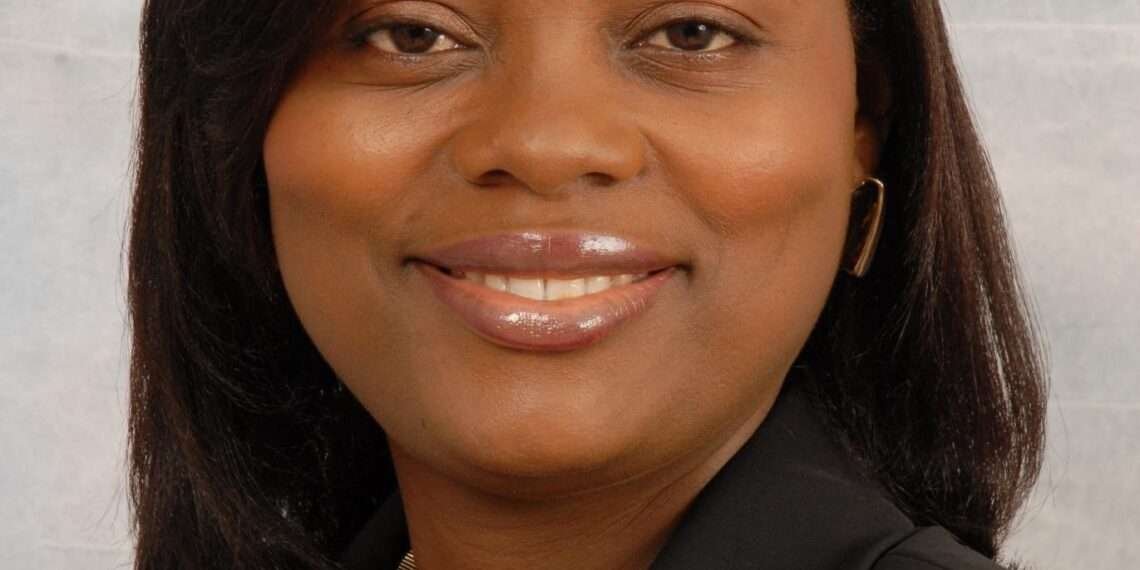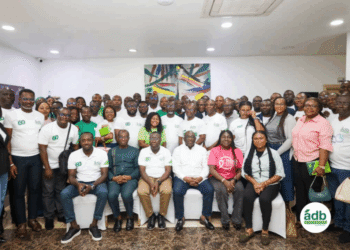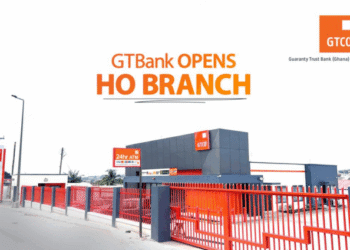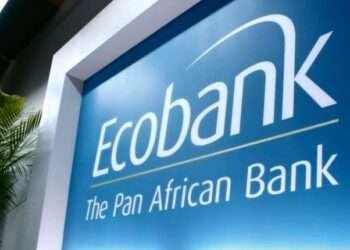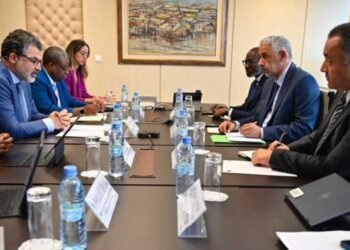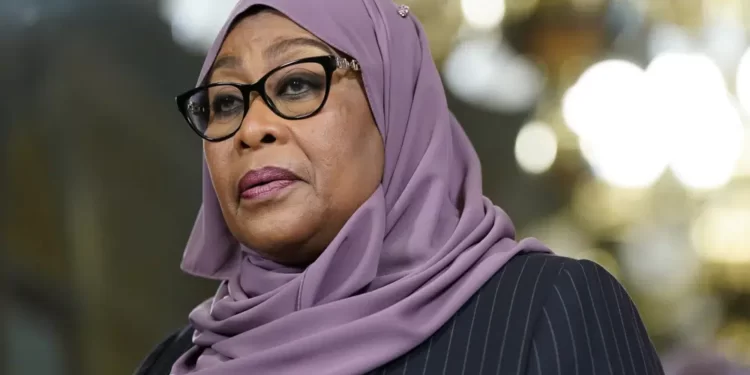Mrs Audrey Abakah, Head of Small and Medium Enterprises Banking of Absa Ghana Limited, has advised startups and young entrepreneurs in the country to explore other sources to fund their budding businesses and entrepreneurship drive aside debt financing.
Mrs Abakah made this revelation at a panel discussion on how women in trade, especially those in the informal sector, could seize opportunities in the rollout of the Africa Continental Free Trade Agreement (AfCFTA). She indicated that most startups do not have the capacity to meet their debt obligations from commercial banks.
“Quite a number of them are at their infant stages and are not investment ready, and are unable to meet basic credit requirements.”
Mrs Audrey Abakah
The Head of SMEs banking at Absa therefore, charged startups in Ghana to explore other funding opportunities available within the market. She, thus, highlighted some options that startups can consider. These include: crowd funding, support from family and friends, venture capital funding, partnership finance, Angel investment, among others. These options, she said, are great way of raising the needed capital for business startups.
Mrs Abakah also urged startups to tap into opportunities presented by Absa to help startup to finance their businesses.
“Startups should take advantage of the free banking services, mentoring and capacity building opportunities offered by Absa to prepare and position their businesses for financial support”.
Mrs Audrey Abakah
Gender Financing Gap
The Absa Head of Small and Medium Enterprises Banking opined that there is a gender financing gap estimated at 1.7 trillion dollars at the global level and 42 billion dollars at Sub-Saharan Africa level.
Mrs Abakah highlighted some of the obvious drivers responsible for the gender inequality financing gap. She noted that women are risk averse. She also mentioned that women typically fear borrowing. Sensitivity to price and collateral constraints are other reasons cited by the Absa Head of SMEs as responsible for women financing gap.
The Head of SMEs encouraged women entrepreneurs and traders to take advantage of the Absa/Mastercard Young Africa Works programme, which sought to finance 5000 SMEs and build their capacity for the next five years. She stated the programme will help women to strengthen and scale their business operations.
Mrs Abakah revealed that the programme will offer free business development services by seasoned consultants, an opportunity business owners should embrace.
Ms Joyce Williams, Executive Director, Women of Africa Network, said the contributions of women, especially those in the informal sector, are important to achieve the objectives of AfCFTA.
The Executive Director noted women form a critical sector of the continent’s trade sector, hence they needed to be equipped to access the opportunities the trade agreement offered.
“It is very critical to create a level field for women needs in the AfCFTA, since they formed a large proportion of traders on the continent”.
Joyce Williams
Financing startups is a major challenge facing Ghanaians who try to trek the entrepreneurial path. More of these educational programs are needed to educate them on the alternative ways of financing their startups.
READ ALSO: E-cedi to Positively Impact Ghana’s Economy, PwC Banking Survey Reveals

